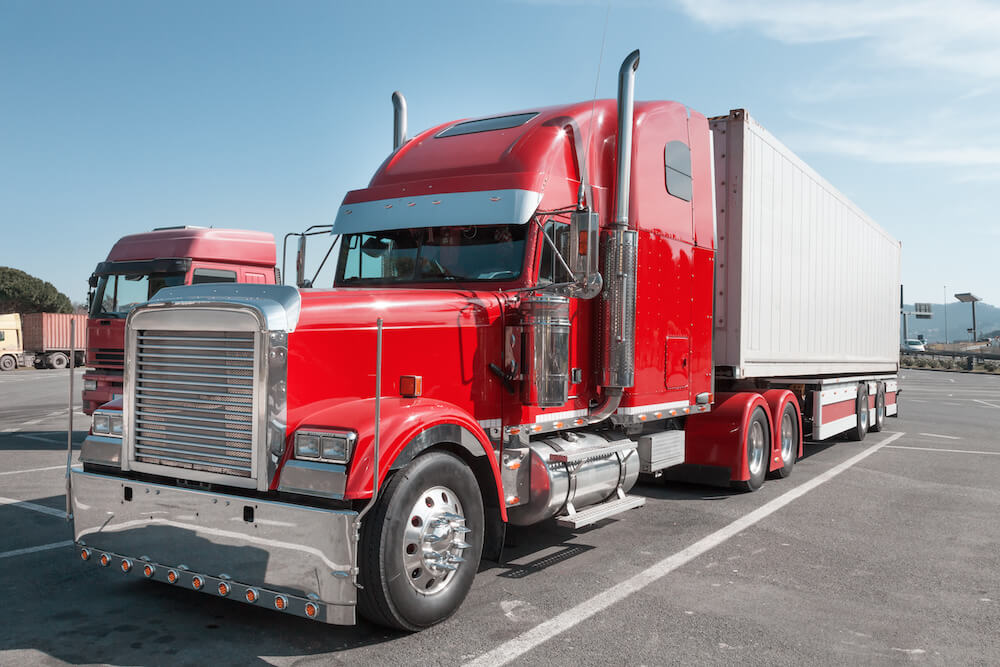Whether you own one truck or have a fleet, you must be aware of the risks you may face on the road. More risk translates to more expensive insurance. It is important to keep in mind that the insurance of an owner-operator truck may vary widely.
If you’re considering buying or replacing a commercial truck insurance policy, here is everything you need to know.
How much does truck Insurance cost?
To get this answer, you need to consider two for-hire truck policies and divide them into;
- For-hire transport – refers to truckers who transport goods, including autos and freight.
- For-hire specialty – refers to truckers who drive for a specific purpose such as septic waste, garbage, or logging
According to Progressive Insurance, in 2020 the monthly cost of insuring a commercial truck is around $640 for hire-specialty truckers and $982 for hire-transport truckers. Keep in mind while Progressive does insure a lot of the trucks on the road they also take on new ventures and this drives the average cost up.
Note that the cost range is only average as insurers may have different rating factors to estimate rates for truckers. Undeniably, it may have a major impact on your overall premium.
Generally, insurers include new insurance policies comprising physical damage coverage, clean driving records, and primary liability in their calculations. If your coverage requirements are different, your rate can vary.
It is best to go for our online custom quote and speak to one of our qualified professionals.
What Rating Factors can Impact Your Truck Insurance Cost
Agreement Requirements
The FMCSA (Federal Motor Carrier Safety Administration) requires $750,000 CSL but most contracts require $1,000,000 CSL as a minimum liability limit for truckers needing federal filling.
It doesn’t end here; carrying added coverage that includes trailer interchange, cargo, motor truck, or extended physical damage increases the truck insurance rate.
Type of Vehicle
A heavy-semi often has a higher truck insurance cost compared to a lighter pickup that carry products of the same weight. This is because they have more potential to cause damage if they get into an accident.
Plus, you may find many newer vehicles with higher insurance rates as their parts are more expensive to repair.
Cargo You Haul
The type of cargo a trucker hauls is another important factor that affects the cost of truck insurance. For instance, if a truck carrying heavy industrial tools has an accident, it will cause more damage or physical injury than a pickup carrying fruits. That means hauling riskier cargo increases insurance costs.
We suggest you disclose your cargo details accurately when requesting a quote to reduce the risk of claim denial.
Operating Radius
If your drive routes are typically longer, it increases your drive times, operating radius, and risk of damage too. It is especially true if you drive on less familiar routes. Put simply, a semi truck driver covering regional routes pays more insurance costs than the one traveling on local routes.
Summing Up
All in all, you need to consider several factors when understanding the limits and costs of insurance policies. It will help you lower insurance rates while gaining maximum benefits if you face liabilities and damages.


